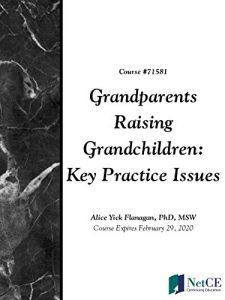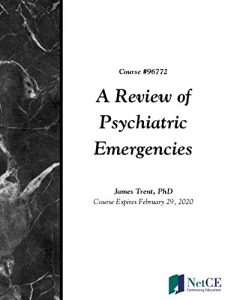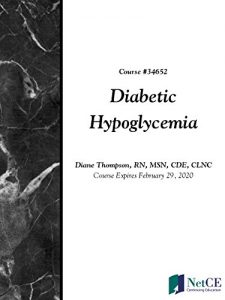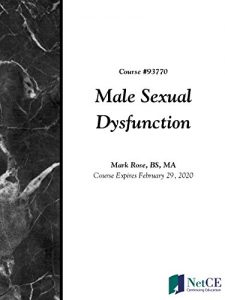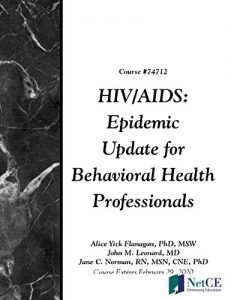When grandparents take on the main parenting responsibilities for their grandchildren, both must adjust socially, emotionally, and psychologically to these new roles. The purpose of this course is to provide mental health professionals with the skills necessary to assist grandparents who are raising their grandchildren. In addition, members of the public may use this course to enhance their personal knowledge of the subject matter presented.
Upon completion of this course, you should be able to:
1. Discuss the history of grandparents raising their grandchildren both in the United States and internationally.
2. Describe the prevalence and characteristics of custodial grandparents in the United States.
3. Evaluate the reasons grandparents are raising their grandchildren.
4. Analyze the role of culture and ethnicity in custodial grandparenting practices.
5. Describe the range of social, psychologic, economic, relational, mental health, and physical/health implications of being a custodial grandparent.
6. Outline the use of religious/spiritual coping by custodial grandparents.
7. Evaluate grandchildren's experiences in skipped generation households.
8. Identify best practices for the assessment of families with custodial grandparents.
9. Discuss the types of interventions needed for custodial grandparents.
This 5-hour continuing education course is available for download for professional development; if continuing education credit is desired, please see instructions included in eBook.
Upon completion of this course, you should be able to:
1. Discuss the history of grandparents raising their grandchildren both in the United States and internationally.
2. Describe the prevalence and characteristics of custodial grandparents in the United States.
3. Evaluate the reasons grandparents are raising their grandchildren.
4. Analyze the role of culture and ethnicity in custodial grandparenting practices.
5. Describe the range of social, psychologic, economic, relational, mental health, and physical/health implications of being a custodial grandparent.
6. Outline the use of religious/spiritual coping by custodial grandparents.
7. Evaluate grandchildren's experiences in skipped generation households.
8. Identify best practices for the assessment of families with custodial grandparents.
9. Discuss the types of interventions needed for custodial grandparents.
This 5-hour continuing education course is available for download for professional development; if continuing education credit is desired, please see instructions included in eBook.
